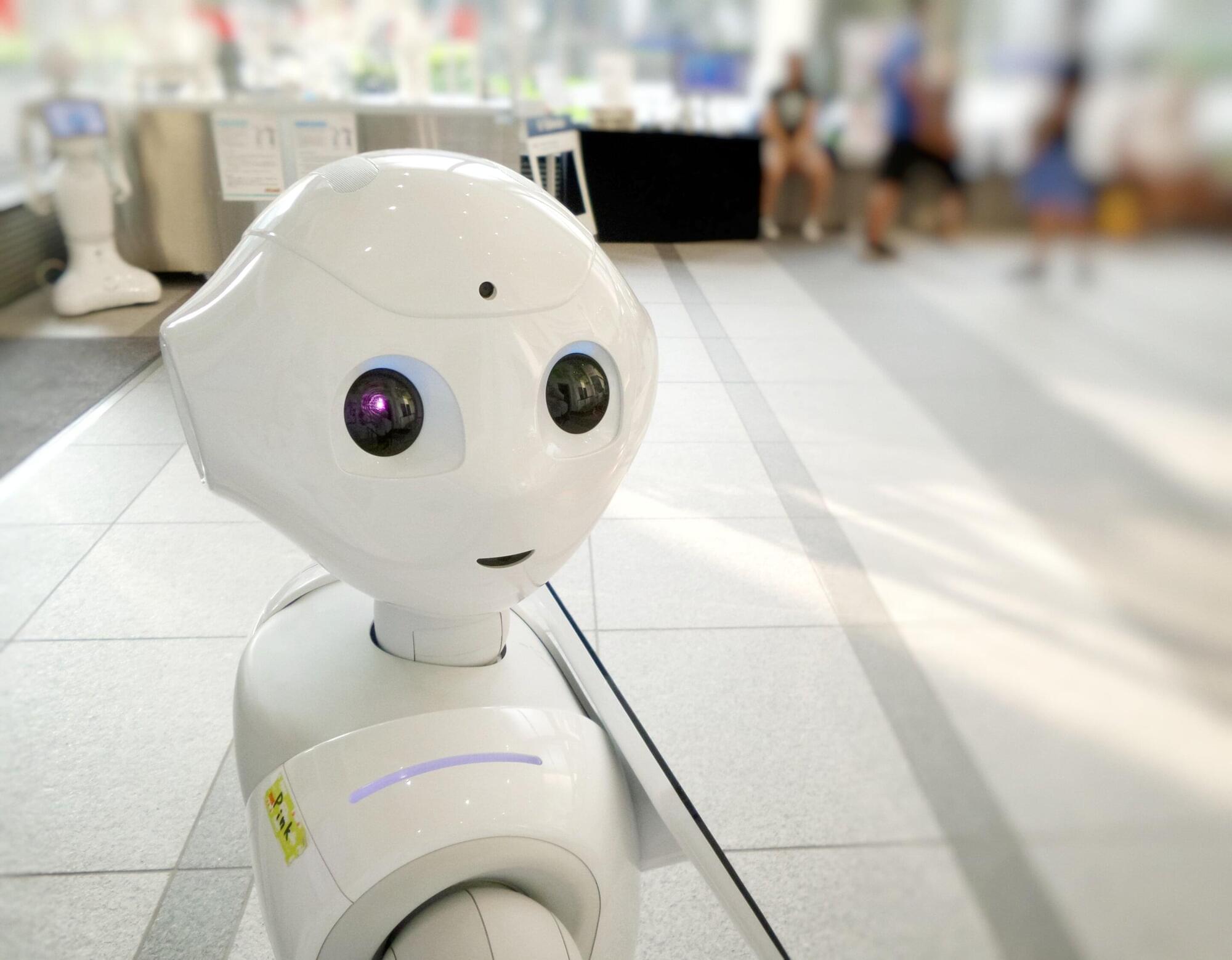Imagine an automated delivery vehicle rushing to complete a grocery drop-off while you are hurrying to meet friends for a long-awaited dinner. At a busy intersection, you both arrive at the same time. Do you slow down to give it space as it maneuvers around a corner? Or do you expect it to stop and let you pass, even if normal traffic etiquette suggests it should go first?
“As self-driving technology becomes a reality, these everyday encounters will define how we share the road with intelligent machines,” says Dr. Jurgis Karpus from the Chair of Philosophy of Mind at LMU. He explains that the arrival of fully automated self-driving cars signals a shift from us merely using intelligent machines —like Google Translate or ChatGPT—to actively interacting with them. The key difference? In busy traffic, our interests will not always align with those of the self-driving cars we encounter. We have to interact with them, even if we ourselves are not using them.
In a study published recently in the journal Scientific Reports, researchers from LMU Munich and Waseda University in Tokyo found that people are far more likely to take advantage of cooperative artificial agents than of similarly cooperative fellow humans. “After all, cutting off a robot in traffic doesn’t hurt its feelings,” says Karpus, lead author of the study.
